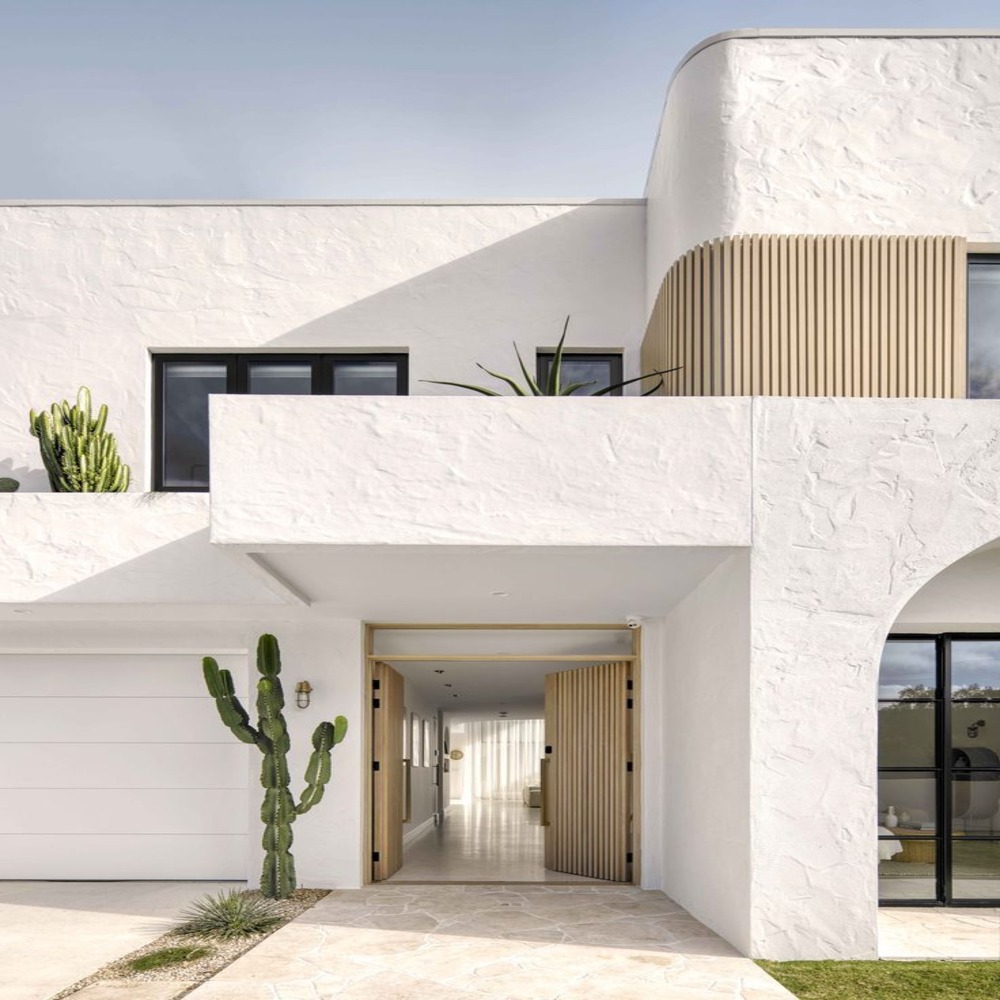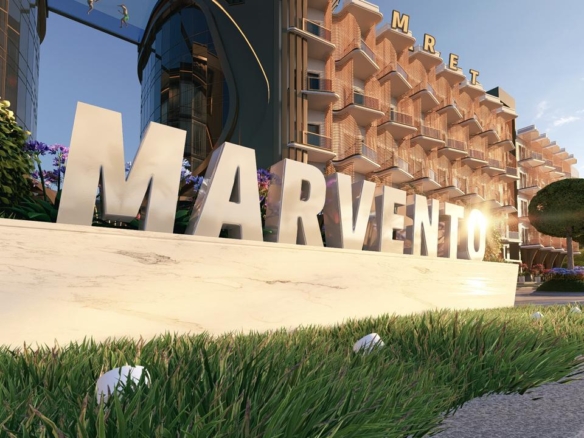Smart Cities and Real Estate: Redefining Urban Living Through Technology
In today’s tech-driven world, the concept of smart cities is no longer a vision of the future but a fast-evolving reality. As urban areas embrace innovation, real estate has become a vital component in integrating advanced technologies, revolutionizing how we live, work, and connect with our surroundings.
What Defines a Smart City?
Smart cities leverage advanced technologies like artificial intelligence (AI), the Internet of Things (IoT), and big data analytics to enhance urban life. These innovations aim to tackle pressing challenges such as traffic congestion, energy inefficiency, and resource management while fostering sustainability.
Cities like Barcelona and Singapore have become global leaders in this transformation, setting new standards for innovative urban development. Real estate plays a pivotal role in shaping these smart ecosystems, providing the physical framework that supports technological integration.
The Role of Real Estate in Smart Cities
As the foundation of smart cities, real estate is rapidly evolving to incorporate technologies that meet the demands of modern urban living. Developers and property managers are creating intelligent spaces that go beyond functionality, enhancing efficiency, sustainability, and convenience.
Here’s how real estate is transforming within the smart city context:
1. Smart Buildings: The Pillars of Smart Cities
Smart buildings utilize interconnected systems to optimize energy consumption, lighting, heating, and security. IoT sensors and AI-driven analytics enable these buildings to adapt in real time, improving efficiency and reducing costs.
Example: Amsterdam’s The Edge, one of the most advanced buildings globally, employs IoT to monitor energy use and occupant behavior, achieving exceptional sustainability standards.
2. Prioritizing Sustainability
Sustainability is a key focus in smart city planning, with real estate developers leading the way. Features like solar panels, rainwater harvesting systems, and energy-efficient designs are becoming standard. These eco-friendly properties reduce environmental impact while appealing to environmentally conscious buyers and tenants.
Smart Solutions: AI-powered systems analyze energy usage patterns, enabling smarter consumption and a smaller carbon footprint.
3. Enhanced Security Features
Smart properties are redefining safety with biometric access systems, facial recognition technology, and AI-enabled surveillance. These innovations provide enhanced security, ensuring peace of mind for residents and businesses.
Case Study: In Dubai’s smart districts, properties feature predictive crime detection and facial recognition systems, significantly boosting community safety.
4. Uninterrupted Connectivity
As urban centers adopt smarter infrastructure, seamless connectivity becomes a must. Real estate projects now incorporate high-speed internet, 5G, and IoT connectivity as standard features, offering residents the convenience of controlling their homes and interacting with their communities effortlessly.
Connected Living: From adjusting smart thermostats to managing appliances remotely, residents enjoy a streamlined, tech-enabled lifestyle.
5. Technology-Enabled Mixed-Use Developments
Smart cities emphasize integrating residential, commercial, and recreational spaces. Mixed-use developments powered by technology allow residents to live, work, and relax within the same area, reducing commute times and enhancing urban efficiency.
Example: Hudson Yards in New York City is a prime example of a mixed-use smart development, combining luxury apartments, office spaces, and public areas with real-time data monitoring.
6. Predictive Maintenance and Efficient Management
IoT sensors in modern properties detect potential maintenance issues early, such as leaks or HVAC problems, notifying property managers instantly. This proactive approach reduces repair costs and improves tenant satisfaction.
Smart Tools: AI-driven platforms help prioritize maintenance schedules, enhancing operational efficiency.
Challenges in Technology Integration
Despite its promise, integrating technology into real estate faces several challenges:
- High Costs: The upfront investment in advanced technologies can deter smaller developers.
- Data Privacy Concerns: Managing large amounts of data raises questions about security and privacy.
- User Adaptation: Educating residents and tenants on using smart technologies is critical for successful adoption.
The Future of Real Estate in Smart Cities
With continuous technological advancements, the integration of smart systems in real estate is expected to grow more sophisticated. Emerging innovations like digital twins, augmented reality for property tours, and blockchain for secure transactions are reshaping the industry.
By embracing these technologies, developers will not only construct buildings but also create entire ecosystems that redefine urban living.
Conclusion
Smart cities are paving the way for a new era of urban development, with real estate at the forefront of this transformation. By integrating cutting-edge technology, properties are setting the stage for efficient, sustainable, and connected lifestyles. For developers, investors, and residents, the future of urban living is not just smarter—it’s brighter.




